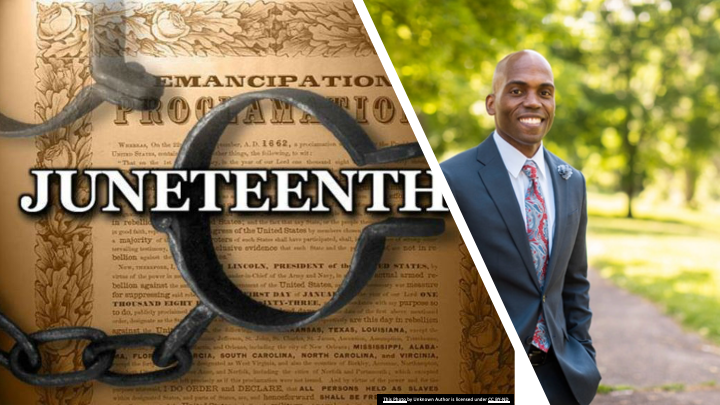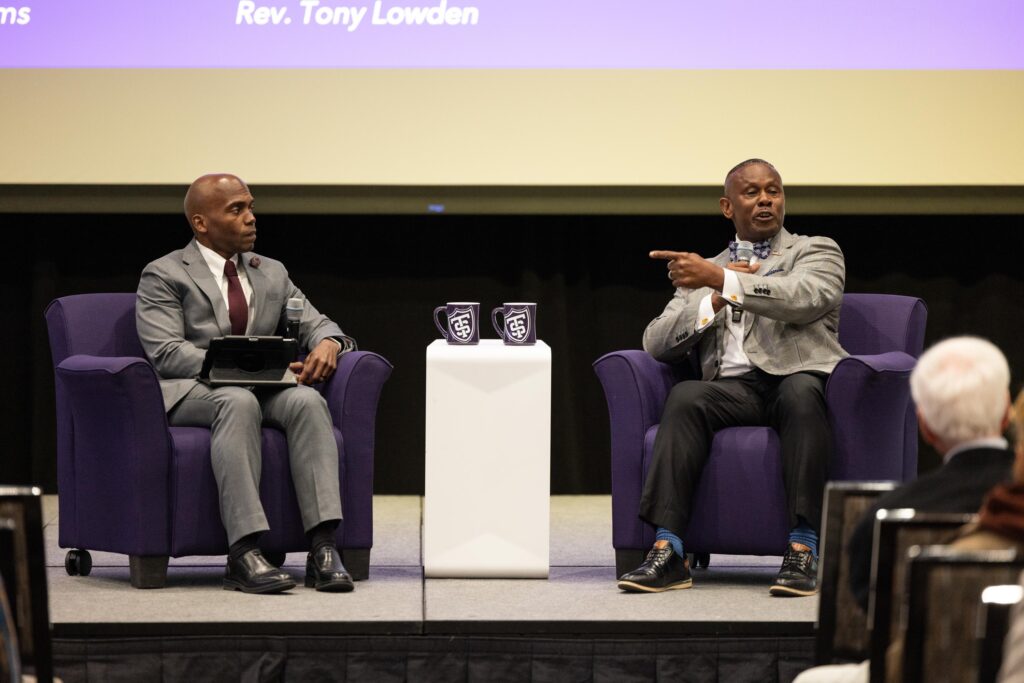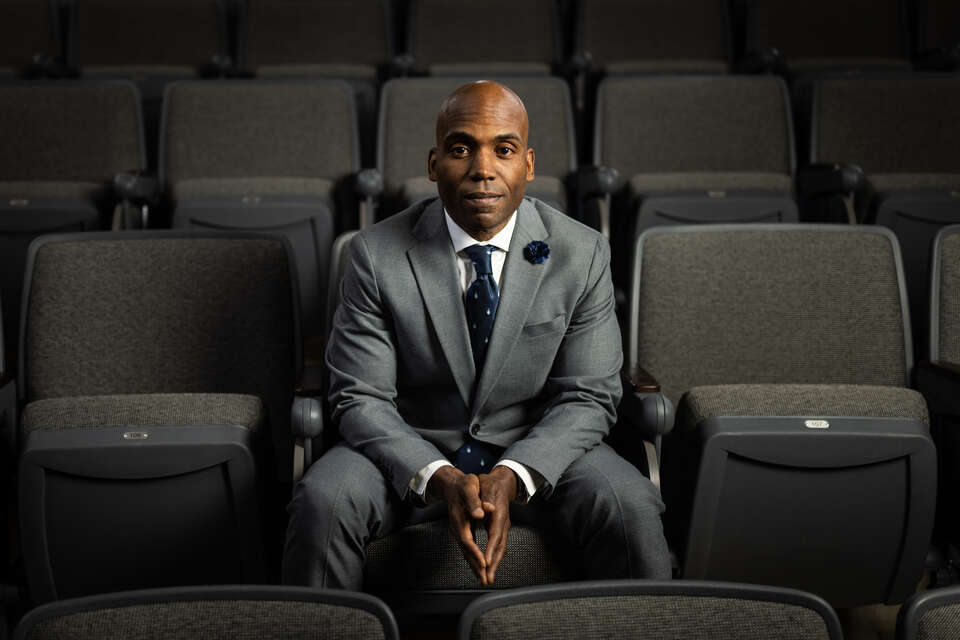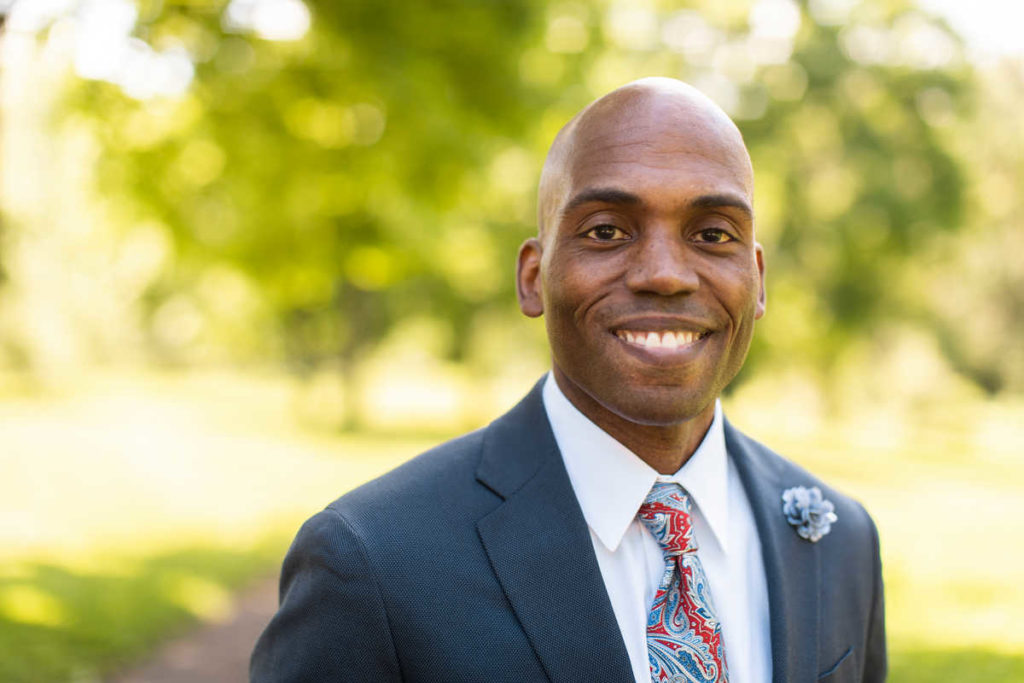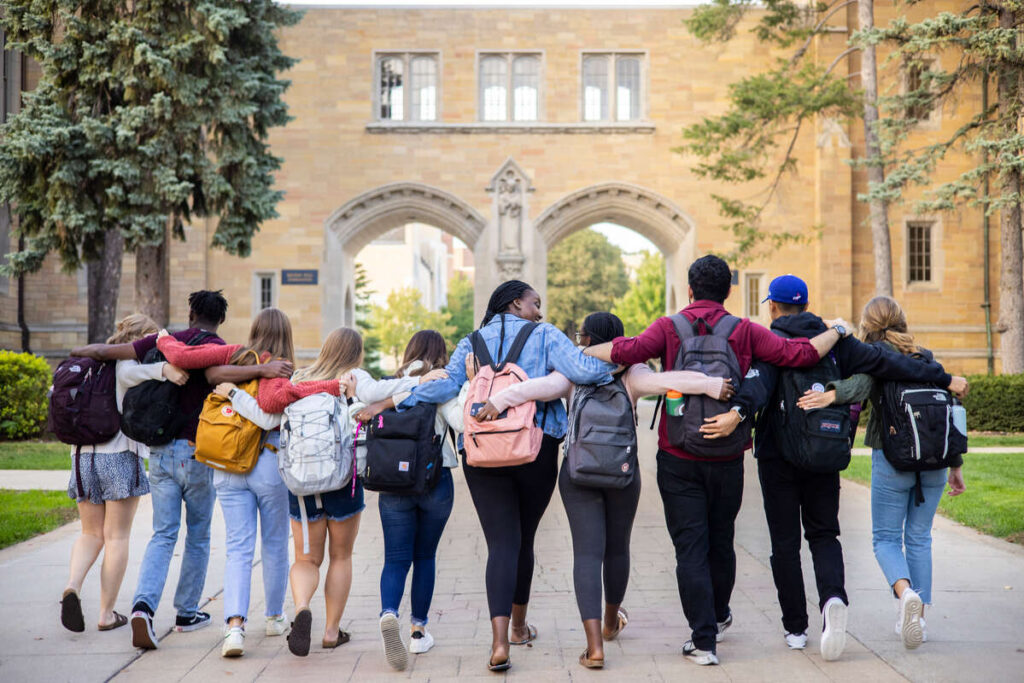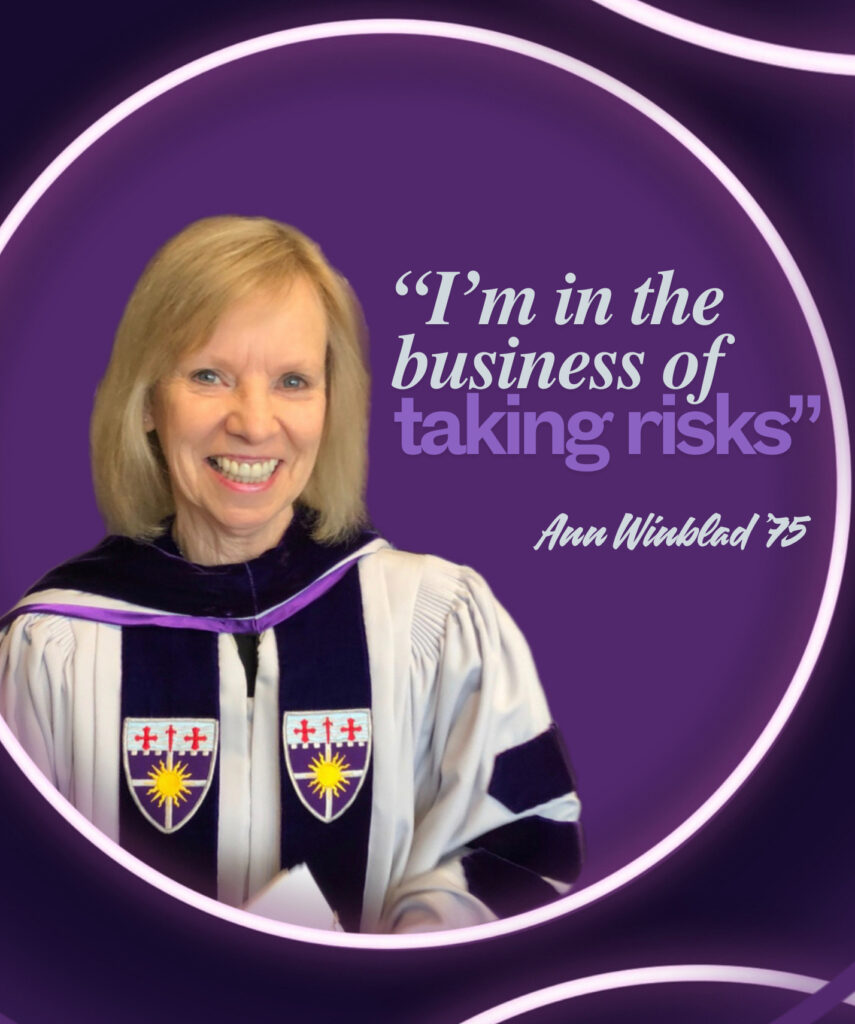Dr. Yohuru Williams, founding director of the Racial Justice Initiative at the University of St. Thomas, wrote an op-ed about Juneteenth that was published in USA Today on June 20, the day the holiday was federal observed this year. The full opinion piece can also be read on Yahoo! News without a subscription. Below is a portion of what Williams wrote.
From the article: All across the country, including in Minnesota, state legislatures are tackling bills designed to get "tough on crime.” But when it comes to making us safer, this isn’t the time to dust off the old playbook about the need for more police, or to pander to people’s fears about crime.
Reducing crime is not solely an issue of adding law enforcement. Poor communities of color are already over-policed and under-protected.
We need to understand that crime is a visible manifestation of deeply rooted problems. We live in a country where too many people are food insecure, housing insecure and lack access to health care. These are the issues that help perpetuate lawlessness. Taking steps to address the inequities will make society safer for everyone.
This is a moment for politicians to reimagine and recalibrate, not reuse and recycle. Elected officials should think broadly about how to best serve the needs of communities that are experiencing trauma. We need to determine how to redirect resources and redirect our energies to address some of those traumas.
It’s not only a state and local issue.
Just as Congress finally acted on Juneteenth, our legislators must also pass laws that force police departments nationwide to be more equitable and increase accountability for misconduct through the George Floyd Justice in Policing Act.
How corporations can respect Juneteenth and justice
When it comes to business, corporate leaders should position themselves not simply as brands expressing concern about racial justice, but as community members who are willing to take meaningful stands. They have to forge partnerships with the key players in their communities who are working for change.
A good recent example is the action by The Walt Disney Co., whose CEO Bob Chapek took a public stand against a Florida law that limits what teachers can say about sexual orientation and gender identity – which critics refer to as the “don’t say gay” law. Chapek, who reached out to Florida's governor with concerns about the bill, reaffirming the company’s strong support for the LGBTQ community.
As individuals, we can take responsibility for our neighbors.
For some, that can mean speaking up in support of teachers who are being attacked for trying to educate the next generation to be more accepting of all the people (including people of color) who make up our society.
It can mean becoming involved in organizations that bring together people of diverse backgrounds. I am proud to serve as board vice president of Interfaith Action of Greater Saint Paul, where volunteers from a variety of spiritual communities work to both relieve the effects of poverty and address its root causes.
Finally, whatever our position, we must understand and reckon with history.
